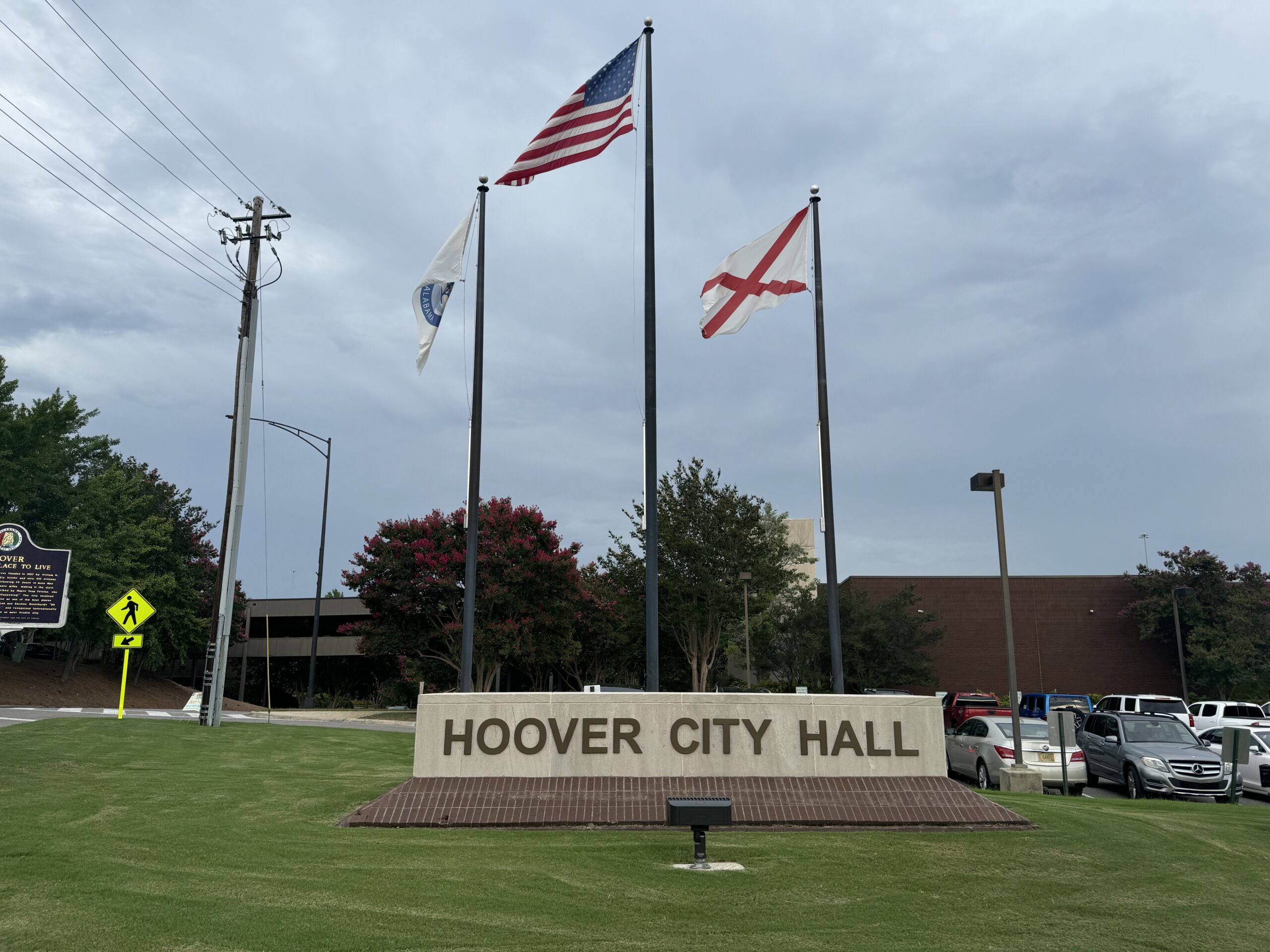We’re calling for payday lending reform in Alabama, and we’re not alone.
For years, reform of high-cost lending has been the goal of the Alliance for Responsible Lending in Alabama (ARLA), an incredibly wide-ranging coalition of activists and advocates. The groups pushing for reform span the spectrum, including Arise Citizens’ Policy Project, Alabama Appleseed, the Alabama State Conference of the NAACP, the Alabama Citizens’ Action Program, the Southern Poverty Law Center and the Federation of Republican Women.
ARLA is a coalition staggering in its breadth and ideological diversity – and its members are excited to see the Alabama Legislature considering reforms that would lower costs for hundreds of thousands of payday borrowers now coping with interest rates of up to 456 percent a year.
Let’s be clear: SB91, sponsored by Sen. Arthur Orr (R-Decatur) doesn’t give reform advocates everything they want. In an ideal world, lawmakers would cap interest rates on payday loans at 36 percent a year and allow more borrowers to be served by banks and credit unions (and family and friends), while making good plans and decisions about monthly budgeting. Sadly, that approach simply doesn’t seem politically possible right now in Alabama.
Orr’s approach would do a whole lot of good for a whole lot of people, though. The bill, which the Senate is expected to consider in April, would enable the payday loan industry to stay in Alabama, while putting some common-sense rules in place to govern the loans. SB91 models reforms made in Colorado in 2010. The bill would cut interest rates, give payday borrowers at least six months to repay, and allow them to pay down the loan principal in installments.
These would be meaningful changes. Under current Alabama law, payday loans are usually for two weeks and must be repaid in full, with no requirement for lenders to allow installment payments. In Colorado, extending the loans’ length and allowing installment payments has given borrowers a shot to reduce their debt without it eating up huge chunks of every paycheck. Fewer people are pulled into a ceaseless churn of short-term loan after short-term loan.
Again, SB91 wouldn’t solve every problem related to consumer debt, and it wouldn’t eliminate the payday loan industry in Alabama. It’s a compromise proposal that would curb some of the worst excesses of an industry built on loans that leave far too many people trapped in debt. It would help keep some folks out of bankruptcy court, and it would allow more reasonable lending approaches to flourish.
We all want a world where people can get the kinds of credit they need. But that requires putting some brakes on a system that all too often acts as an engine for poverty, handing out extremely high-cost loans to desperate folks who may treat them as a lifeline. Too often, those “lifelines” instead end up as anchors, dragging people into financial quicksand.
A growing number of Alabamians now agree: The time has come to give payday borrowers some relief. SB91 would be a real and substantial step in the right direction for Alabama consumers.
• • •
Stephen Stetson is a policy analyst for Arise Citizens’ Policy Project, a nonprofit, nonpartisan coalition of 150 congregations and organizations promoting public policies to improve the lives of low-income Alabamians. Email: stephen@alarise.org.
Related
Share via:













